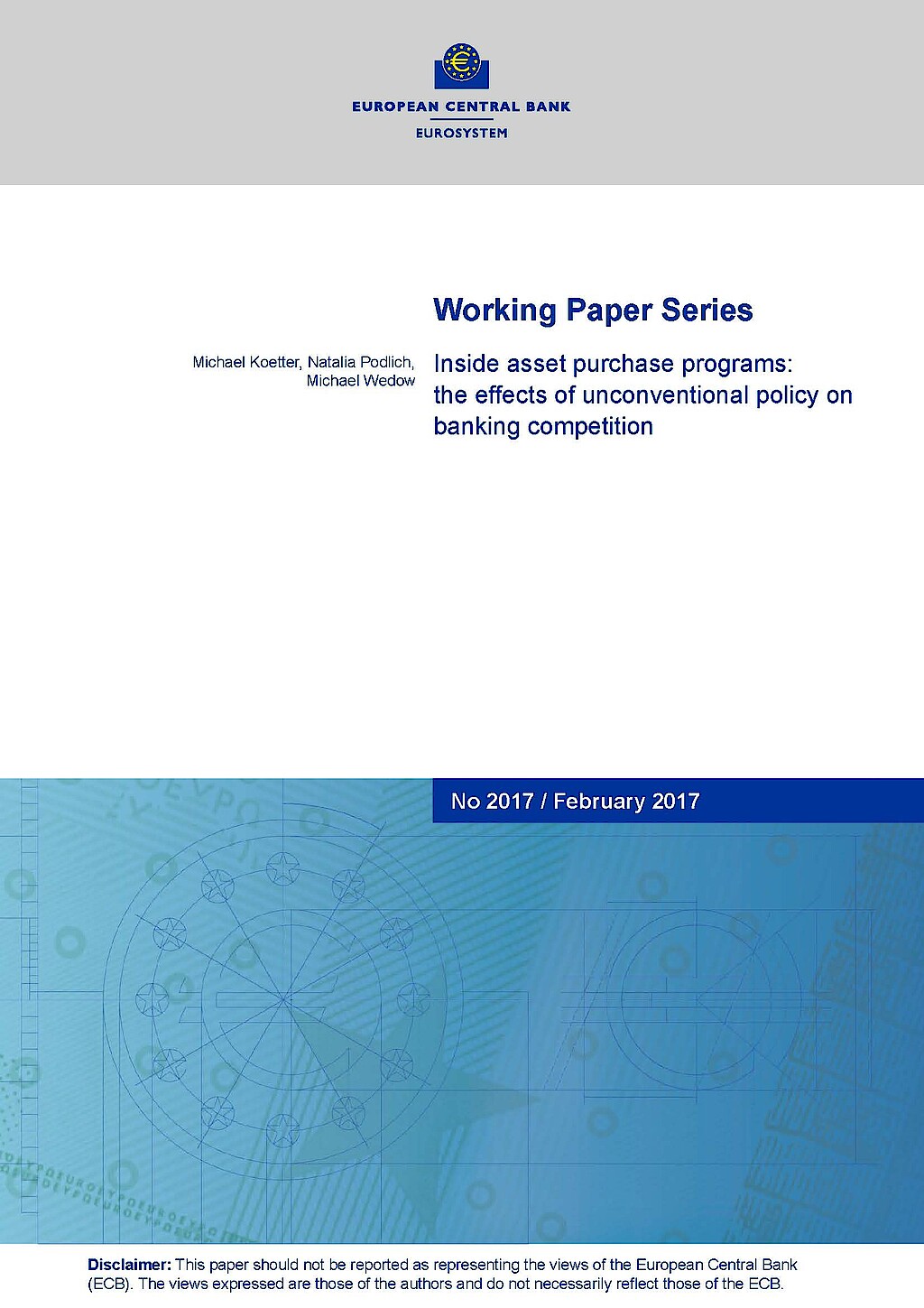
Global Value Chains During the Great Trade Collapse: A Bullwhip Effect?
This paper analyzes the performance of global value chains during the trade collapse. To do so, it exploits a unique transaction-level dataset on French firms containing information on cross-border monthly transactions matched with data on worldwide intrafirm linkages as defined by property rights (multinational business groups, hierarchies of firms). This newly assembled dataset allows us to distinguish firm-level transactions among two alternative organizational modes of global value chains: internalization of activities (intragroup trade/trade among related parties) or establishment of supply contracts (arm's length trade/trade among unrelated parties). After an overall assessment of the role of global value chains during the trade collapse, we document that intra-group trade in intermediates was characterized by a faster drop followed by a faster recovery than arm's length trade. Amplified fluctuations in terms of trade elasticities by value chains have been referred to as the "bullwhip effect" and have been attributed to the adjustment of inventories within supply chains. In this paper we first confirm the existence of such an effect due to trade in intermediates, and we underline the role that different organizational modes can play in driving this adjustment.




